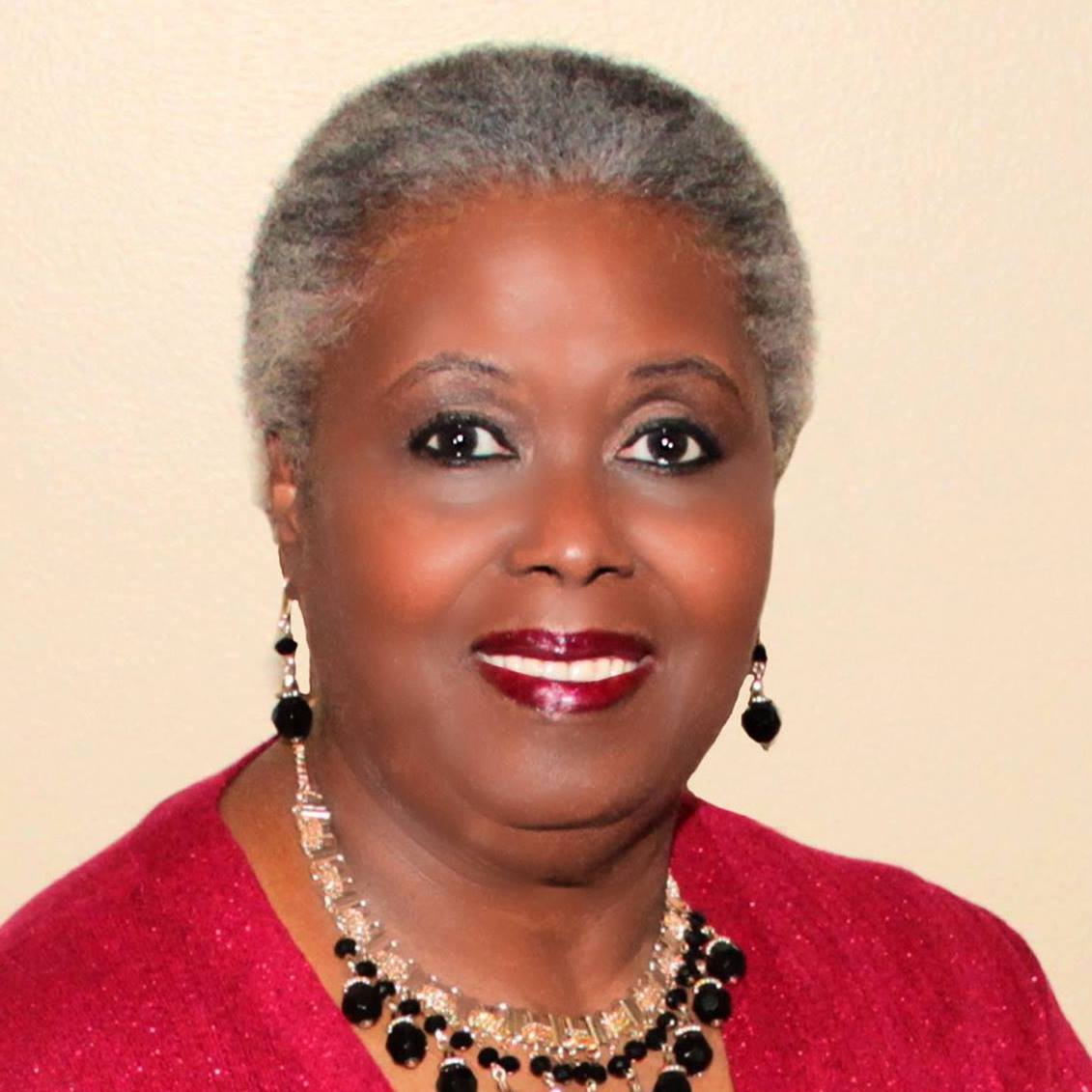God Cares: Lament After the Loss of a Pastor
Rev. Dr. Wanda C. Henry-Jenkins, Columnist
5 Then Moses, the servant of the Lord, died there in the land of Moab, at the Lord’s command. 6 He buried him in a valley in the land of Moab, opposite Beth-peor, but no one knows his burial place to this day. 7 Moses was one hundred twenty years old when he died; his sight was unimpaired, and his vigor had not abated. 8 The Israelites wept for Moses in the plains of Moab thirty days; then the period of mourning for Moses was ended. Deuteronomy 34:5-8
The final highlight of every African Methodist Episcopal Annual Conference occurs when a bishop reads pastoral appointments. The assignment of a pastor often leaves a congregation struggling to cope with the loss of a minister and, at the same time, welcome the new pastor in the midst of sudden or expected change. However, when the change is the result of the pastor’s death, church members experience a grief they are rarely prepared to face.
In one of our Episcopal District Annual Conferences, a beloved pastor died prior to the end of the conference year. The Presiding Elder discerned that the church needed ministering to in the area of grief counseling. Her familiarity with my bereavement ministry caused her to reach out for my services. She had been supplying the church since the pastor’s death and invited me to provide bereavement care. The pastor had served this church his entire ministry. He had an intergenerational membership of both clergy and laity. Some of the members had known him since birth. Sitting pastors die, and the bereavement that follows is a topic that we must address.
Has your church ever experienced pastoral loss? If so, was the loss acknowledged, and did your church receive support? Initially, your congregation may have put aside their grief to focus on the pastor’s family, a natural response of compassion and condolence. With the passage of time and the apparent absence of the pastor, grief grows. Church does not feel like church for the congregation anymore!
This local church needed to lament freely: to acknowledge their loss, to experience their grief, to adjust without their pastor, to reconnect with God, and to welcome a new pastor. Thankfully, with their Presiding Elder’s leadership and openness, this local church was ready to open its hearts to a new pastor. The Elder and I agreed that providing biblical bereavement care was important to promote emotional and spiritual growth.
Deuteronomy 34 records the death of Moses and the process of Israel mourning his death. It also provided the biblical resources I used to facilitate the three sessions. In the first session, each person shared their fondest memories of the pastor, what they missed most, and an area of spiritual growth learned under his ministry. There were tears, laughter, and reflection. In the second session, we discussed the meaning of God’s compassion, comfort, and consolation. Members were encouraged to embrace the lessons of love they gained from being in this ministry and take them into the next season of pastoral care. During the final session, I facilitated a discussion about the completion of Moses’ ministry, the season of mourning, and the appointment of Joshua’s ministry. The church experienced hope and healing, grew in its spiritual formation and connection with God, and was ready to move forward under new pastoral leadership. The church now has a new pastor who also, along with the Presiding Elder, approved the writing of this article.
Churches need Bereavement Care after the loss of a pastor. What made this successful? First, the spiritual leadership of the Presiding Elder. Nothing would have taken place without her acknowledgment, leadership, and support. Second, prayer, scripture, and the goals of biblical lament were essential elements in every session. Third, the congregation’s openness and active participation in their healing. Fourth, the congregation’s commitment to moving forward.
If your church has experienced the death of your pastor or a challenging change in pastoral assignment, take the steps this Presiding Elder did and ask for Biblical Bereavement Care. There are those of us whose primary ministry is to provide hope and healing to the bereaved in the church. We can educate about healthy grief and mourning, encourage biblical lament, and enable spiritual growth among mourners.
As we look at Deuteronomy 34:8, mourning is not meant to be endless. There is a time to end mourning and move forward. The desert ministry of Moses was over, and the conquering ministry of Joshua was ready to begin!





